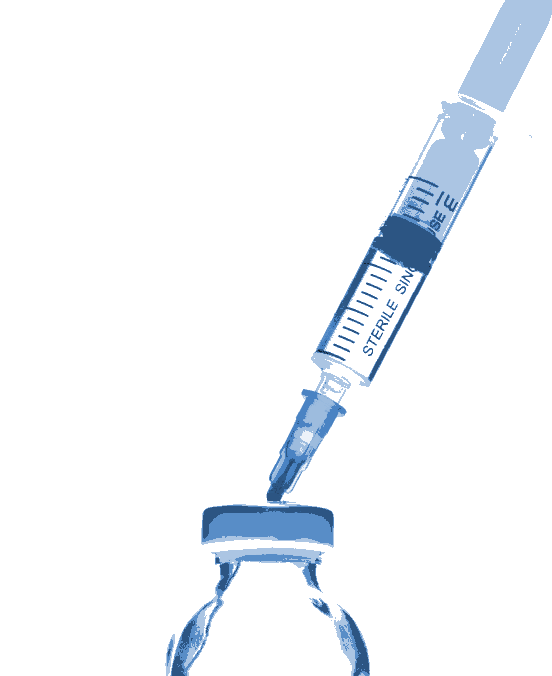Experts reflect on new jab
 The Therapeutic Goods Administration (TGA) has granted provisional approval to AstraZeneca’s COVID-19 vaccine.
The Therapeutic Goods Administration (TGA) has granted provisional approval to AstraZeneca’s COVID-19 vaccine.
The announcement marks the second COVID-19 vaccine to receive regulatory approval in Australia.
The TGA has allowed it for use in individuals 18 years and older.
“The use of this vaccine should be in accordance with official recommendations and given in two doses 4 to 12 weeks apart,” the regulator said.
“The Australian Technical Advisory Group on Immunisation has recommended that the interval between first and second dose is 12 weeks. However if this interval is not possible, for example because of imminent travel, cancer chemotherapy, major elective surgery, a minimum interval of 4 weeks between doses can be used.”
Provisional approval of the vaccine is valid for two years and means it can now be legally supplied in Australia.
The approval is subject to certain strict conditions, such as the requirement for AstraZeneca to continue providing information to the TGA on longer term efficacy and safety from ongoing clinical trials and post-market assessment.
The AstraZeneca vaccine has been shown to prevent COVID-19, however it is not yet known whether it prevents transmission or asymptomatic disease.
There is also limited data available for the efficacy and safety in individuals over 65 years of age.
As is expected with a new vaccine for a novel condition, real world vaccine effectiveness data is still being gathered.
Data from the UK should be available later this month, where authorities are using a schedule spaced 12 weeks apart in the elderly and healthcare workers.
Additionally, vaccine impact data should also be forthcoming over the year.
One of the major benefits is that the vaccine can be made in Australia.
“This means we are not tied to global supply chains and, since the vaccine is stored in the fridge, and not at super cold temperatures, we can roll it out to GP clinics across Australia,” says Dr Vanessa Bryant, a researcher from the Walter and Eliza Hall Institute.
“Most importantly, in those who have received the vaccine there have been no deaths from COVID-19.
“That’s 100 per cent protection so far. It has reduced hospitalisations, in fact none were reported in the trials, which will take the pressure off many hospitals overseas that are struggling with the number of COVID-19 patients they are treating.”
“There is early emerging data suggesting a reduction in transmission by as much as 67 per cent, which is promising, but we need to wait a little longer for that data to come through.”
But responses to the AstraZeneca vaccine appear to be lower than those induced by the Pfizer and Novavax vaccines, Professor Greg Tannock from the Burnet Institute explains a possible reason why.
“The way the AstraZeneca vaccine works is that it uses part of another common but harmless virus (Adenovirus vector) with a piece of COVID-19 viral DNA (cDNA) inserted into it,” he said.
“The Adenovirus vector and the cDNA both trigger an immune response but it is the body's response to the cDNA that really matters.
“My major theoretical concern about the AstraZeneca COVID-19 vaccine is that the same Adenovirus vector is present in each dose.
“The immune response to the Adenovirus is very much larger, and likely to be antigenically stronger than the immune response to the COVID-19 cDNA inserts. If so, it could at least partly inhibit the secondary response by eliminating the Adenovirus before the cDNA can replicate enough to fully trigger the immune system.”
There is ongoing concern about what effect the new variants will have on all of the vaccines that have been made based on the original Wuhan variant of the virus. But CSL, the manufacturer of the vaccine in Australia, has indicated that it is confident that it will be able to update the vaccine if required.







 Print
Print